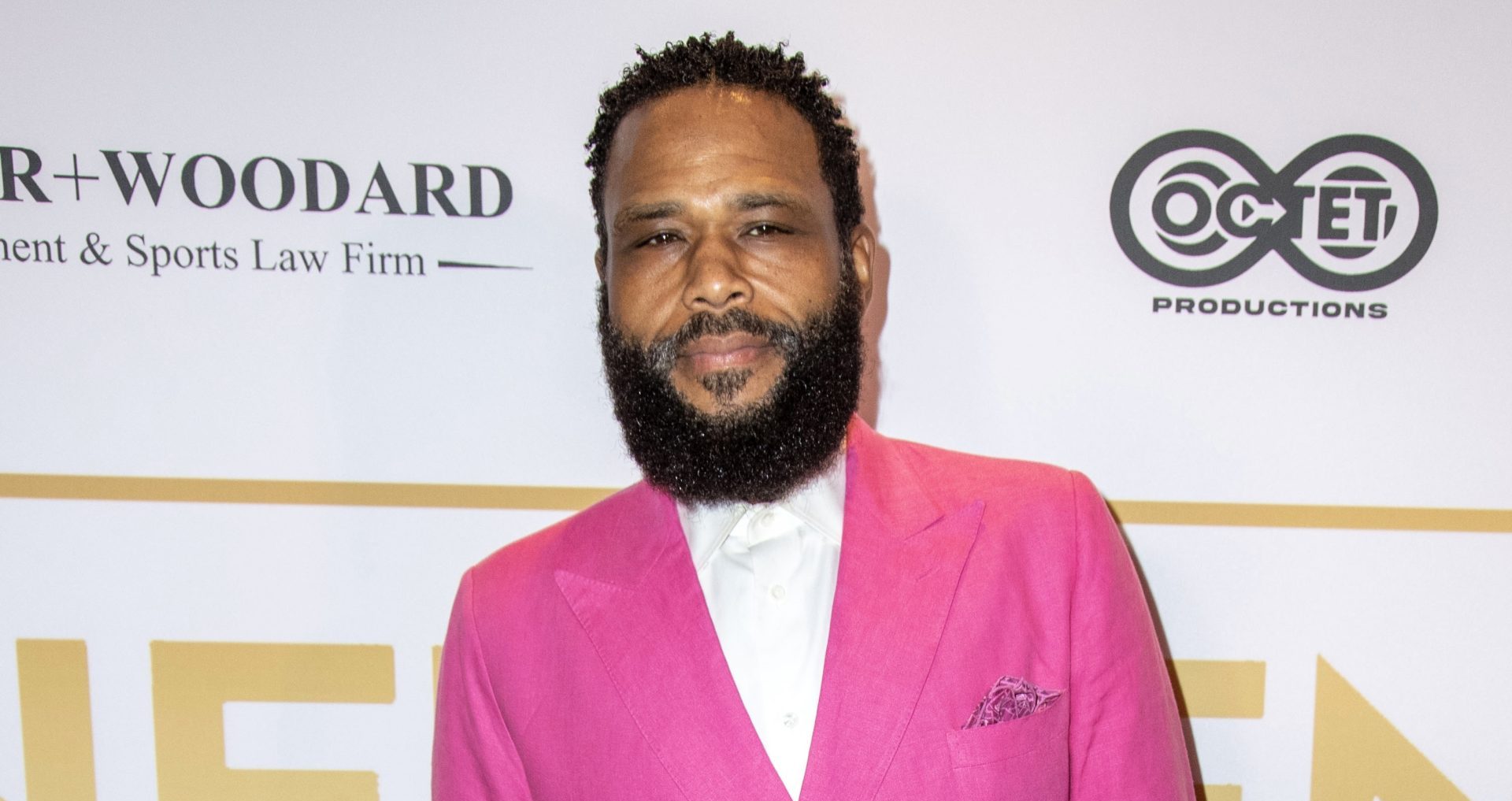
Photo: Mark Gunter/Getty Images
As Mental Health Awareness Month continues, Anthony Anderson is reflecting on why conversations about mental health are essential—particularly for the Black community, as he says they “don’t talk about” it.
PEOPLE reports that the Black-ish actor addressed the subject during the recent “It’s Okay Not To Be Okay” gala in Washington, D.C.
While speaking at the event, Anderson shared what sparked his interest in the matter. Specifically, he acknowledged that his distant half-brother, who he “didn’t really have a relationship with,” passed away after dealing with “mental issues.”
Anthony said, “Now that he’s gone, I was like, ‘Well, you know, maybe I should have stepped in a little sooner than today and did something about it.'”
Due to this sentiment, he’s set out to “help bring awareness” to mental health, especially “within the African-American community.” This rationale lies in his observation that mental well-being is “something [they] really don’t talk about.”
“That’s why I’m here to help bring awareness about it, because within the African-American community, it’s something that we really don’t talk about.”
Anthony added, “I’m here to say it’s okay to not be okay. We are here for you.”
While continuing to speak on the subject, Anderson reiterated that conversations about mental health are vital, especially “within our community.” He also says while “all things are needed for this,” facilitating dialogue is particularly important.
Anthony then offered an example of how he believes mental health-related issues have traditionally been swept under the rug.
“We’ve all grown up where there’s been an aunt and uncle or family member that lived in the basement or stayed in the backroom that never really came out. We never really talked about it because of those issues.”
However, Anthony Anderson is passionate about helping such people know that “it’s okay.” After all, he points out, “We are family, we are a community.”
“But we should talk about those issues, and bring awareness to it and let them know that it’s okay, that they’re not a leper, that we are family, we are a community.”
Ultimately, he hopes to inspire “more conversations and dialogue about [mental health] that to bring it to the forefront.”